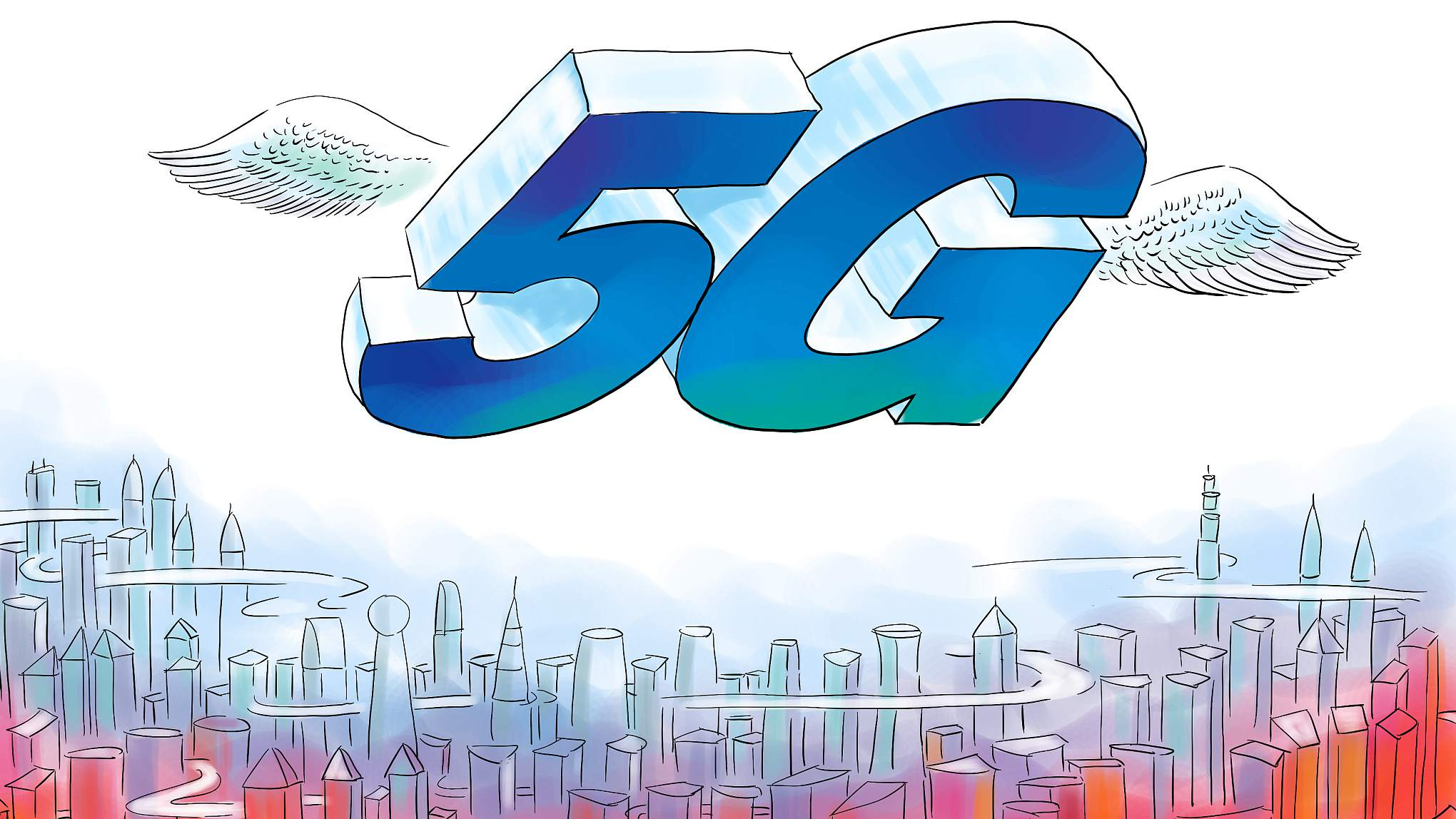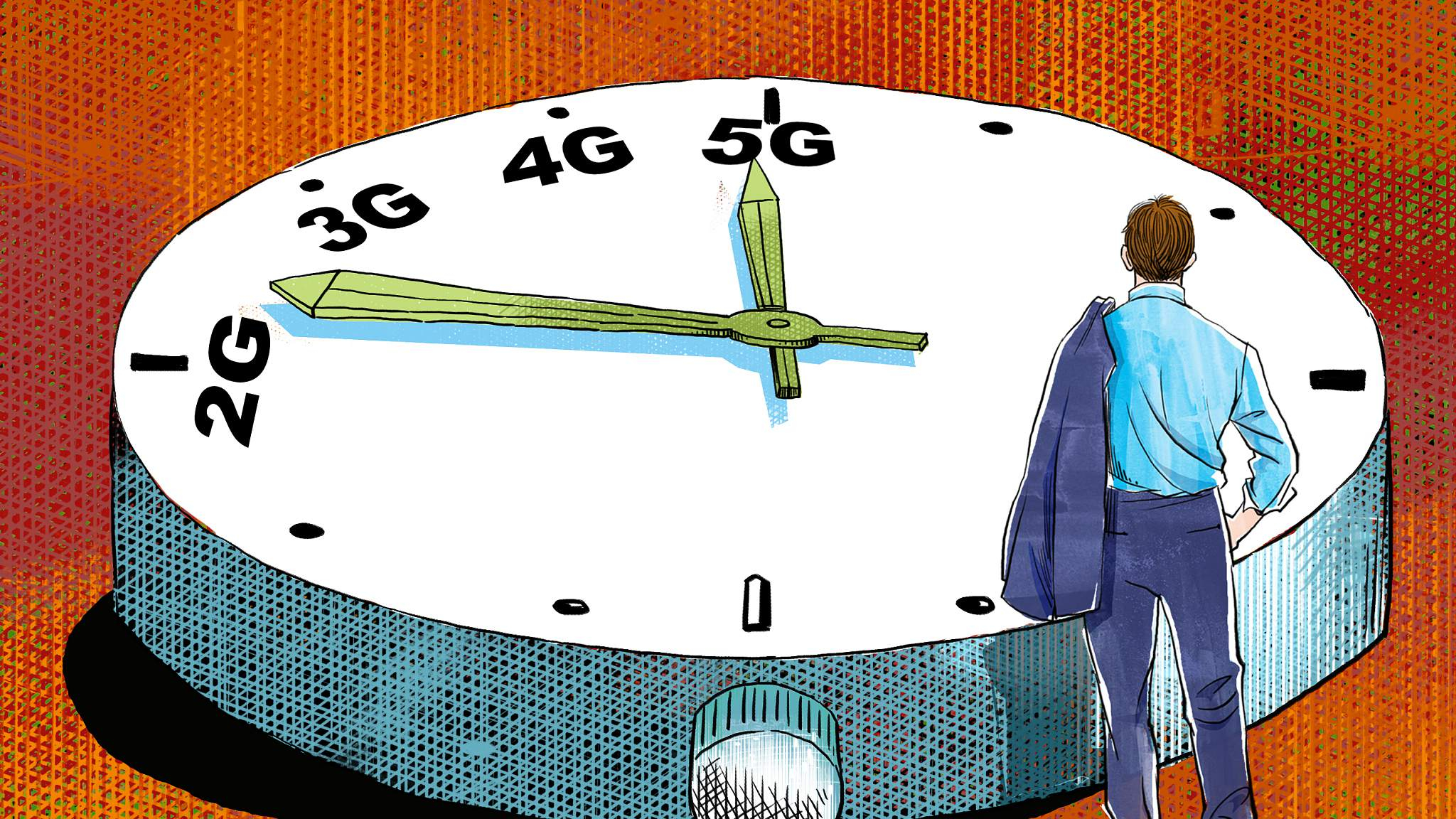
Tech & Sci
21:55, 26-Dec-2018
China Unicom to invest over 200 million USD in 5G for Winter Olympics
Updated
20:51, 29-Dec-2018
By Pan Zhaoyi

Telecom giant, China Unicom, announced on Wednesday it will invest over 217 million U.S. dollars (1.5 billion RMB) for its 4G service upgrade, and a 5G-based broadband network map during Beijng's 2022 Winter Olympics Games.
As the only officially-recognized communication service partner of the huge event in Beijing, China Unicom is expected to create a 5G-based ecosystem featuring high-speed, low latency, and broad connectivity.
With the support of the smart platform, audiences in front of televisions across the world will have access to a panorama live broadcast, and immersive Virtual Reality (VR) experiences. Athletes, as well, will get help from Artificial Intelligence for record-checking or physical checkup during their daily training.
2022 Winter Olympics Games will give China Unicom a chance to prove itself on how to accelerate the deployment of 5G applications.

5G era is coming. /VCG Photo
5G era is coming. /VCG Photo
China's 5G service providers are on the fast track
To solve the interference between 5G stations and other satellite ground stations, China's Ministry of Industry and Information Technology released new papers on December 21 for relevant issues just ten days after granting permission to China's three mobile phone carriers for using 5G frequency to conduct technical texts.
A series of supporting policies have been put into place to speed up the 5G deployment.
Looking back, China's three leading telecoms firms have also done a huge part in driving the technology.
China Mobile, with more than 100 5G base stations, conducted 5G business and application pilot programs in 12 cities this year.
Following the competitor's footsteps, China Unicom performed 5G tests in seven regions this year, including Beijing, Shanghai and Xiongan New Area. It has built a platform in Chengdu, the capital city of Sichuan Province, for residents to experience Augmented Reality (AR) and VR business via 5G.
China's 5G networks as a whole will start the pre-commercialization phase in 2019 and will be officially applied in 2020, but some analysts have predicted that large-scale deployment of 5G networks may take longer.

SITEMAP
Copyright © 2018 CGTN. Beijing ICP prepared NO.16065310-3
Copyright © 2018 CGTN. Beijing ICP prepared NO.16065310-3